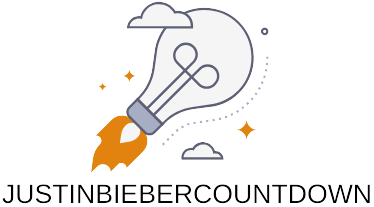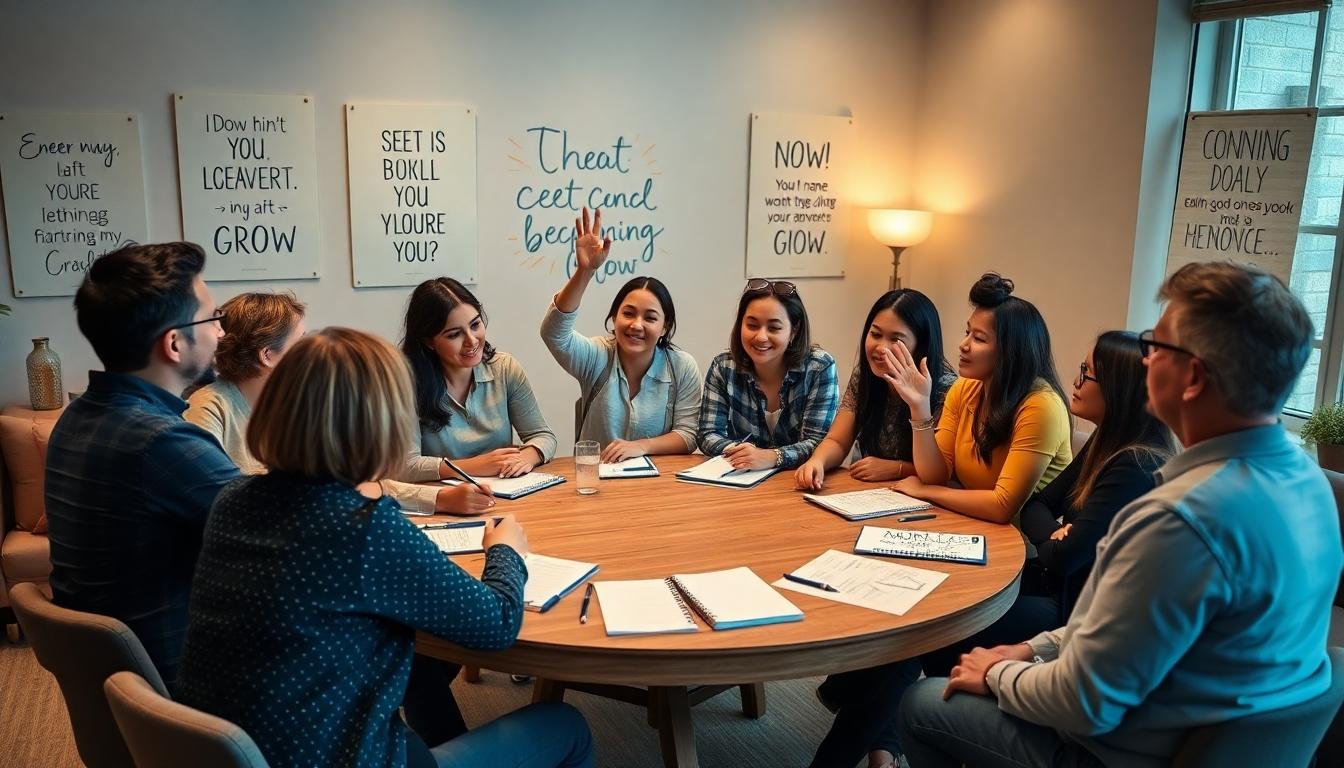Table of Contents
ToggleIn a world where change is the only constant, adopting a learning mindset can feel like strapping on a jetpack while everyone else is still figuring out how to ride a bicycle. It’s that magical approach that transforms challenges into opportunities and failures into stepping stones. Imagine navigating life with the confidence of a cat that always lands on its feet—now that’s a mindset worth having!
Understanding Learning Mindset
A learning mindset involves the belief that abilities and intelligence can grow through effort and dedication. This concept fosters resilience and adaptability, equipping individuals to face challenges effectively.
Definition of Learning Mindset
A learning mindset refers to the approach of viewing skills and intelligence as qualities that evolve over time. People with this mindset seek feedback actively and embrace challenges. Instead of fearing failure, they see it as a stepping stone toward growth. This belief contrasts with a fixed mindset, where individuals perceive their talents as static. Research shows that adopting a learning mindset enhances problem-solving capabilities and encourages continuous improvement.
Importance of a Learning Mindset
A learning mindset holds significant importance in personal and professional growth. This perspective empowers individuals to adapt to new situations and learn from their experiences. By embracing challenges, they unlock new potentials and increase resilience. Studies indicate that businesses with employees who maintain a learning mindset report higher innovation and performance rates. Individuals who embrace this mindset often excel in competitive environments, standing out as adaptable and resourceful team members.
Key Characteristics of a Learning Mindset

A learning mindset embodies several key characteristics that foster growth and resilience. Understanding these traits enhances one’s ability to adapt and thrive in various environments.
Embracing Challenges
Individuals with a learning mindset naturally seek challenges. They understand that facing difficulties often leads to growth. Embracing challenges allows them to develop new skills and strategies. For instance, tackling a complex project might initially seem daunting but ultimately enhances problem-solving abilities. Viewing challenges as opportunities rather than threats sets a foundation for continuous learning.
Persistence in the Face of Setbacks
Persistency defines individuals with a learning mindset. They view setbacks as stepping stones rather than failures. Rather than giving up when faced with obstacles, they analyze their approaches and adapt strategies. This persistence fosters resilience, allowing them to overcome hurdles effectively. For example, when a project doesn’t meet expectations, they reassess their methods to improve future outcomes.
Valuing Effort Over Results
Focusing on effort distinguishes a learning mindset. Individuals prioritize the process of learning over the end results, recognizing that effort leads to improvement. Acknowledging hard work fuels motivation and encourages taking risks. Celebrating small achievements along the way reinforces this notion. For instance, studying consistently for a test may yield varying scores, but the effort contributes significantly to overall knowledge and growth.
Strategies for Developing a Learning Mindset
Adopting effective strategies enhances the development of a learning mindset. Focus on these essential approaches.
Setting Learning Goals
Establishing learning goals clarifies intentions. Specific, measurable goals guide progress and maintain motivation. Individuals should aim for short-term and long-term objectives that challenge their abilities. Measurable targets enable tracking of advancement over time. Adopting a SMART framework can enhance goal-setting effectiveness. Goals that are Specific, Measurable, Achievable, Relevant, and Time-bound promote clarity and focus. Adjustments to goals based on experience can further foster adaptability, making learning a continual journey.
Cultivating Curiosity
Nurturing curiosity drives engagement and exploration. Asking questions and seeking answers fuels deeper understanding. Individuals benefit from adopting a mindset that values inquiry over judgment. Exploring diverse topics enhances awareness and broadens perspectives. Exposure to new ideas stimulates innovation and creativity. Embracing the unknown can convert apprehensions into compelling learning opportunities. Dedicate time to discover interests and uncover passions, which contributes significantly to growth.
Seeking Feedback and Reflection
Pursuing feedback strengthens self-awareness and highlights areas for improvement. Constructive criticism provides valuable insights into performance, fostering growth. Regular reflection on experiences helps individuals recognize patterns and adjust strategies. Utilize journaling or discussions with others to process information effectively. Listening to diverse perspectives can enhance depth of understanding. Incorporating feedback loops into learning processes creates a dynamic environment for ongoing development. Engaging with mentors or peers can also accelerate personal and professional growth.
Benefits of a Learning Mindset
A learning mindset brings significant advantages that enhance both personal and professional aspects of life.
Enhanced Problem-Solving Abilities
Individuals with a learning mindset tackle problems with creativity and resourcefulness. They approach challenges as opportunities for growth rather than obstacles. This perspective encourages innovative thinking and out-of-the-box solutions. Employees in organizations that promote a learning mindset report higher levels of creativity, which directly correlates with effective problem-solving. Research shows that teams that embrace this mindset demonstrate improved collaboration and communication skills. Engaging with challenges leads to the exploration of various strategies, sharpening critical thinking skills. Ultimately, the confidence developed through a learning mindset cultivates a proactive approach to problem-solving.
Improved Emotional Resilience
Emotional resilience flourishes in individuals who adopt a learning mindset. They confront setbacks with a constructive attitude and view failures as essential learning experiences. In difficult times, this mindset fosters optimism and encourages perseverance. Developing emotional resilience allows individuals to bounce back from adversity more effectively. Training programs that incorporate a learning mindset lead to stronger coping strategies and overall well-being. Additionally, resilient individuals maintain better relationships, as they handle conflicts with understanding and flexibility. Embracing a learning mindset creates an environment where emotional growth becomes possible, enhancing one’s ability to navigate life’s challenges.
Adopting a learning mindset is essential for thriving in today’s fast-paced world. This perspective not only transforms challenges into opportunities but also nurtures resilience and adaptability. By embracing the belief that abilities can grow through effort individuals unlock their potential and enhance their problem-solving skills.
The strategies for developing this mindset are straightforward yet powerful. Setting clear learning goals cultivating curiosity and seeking feedback are key steps toward continuous growth. As individuals commit to this journey they not only improve their personal and professional lives but also contribute to a culture of innovation and collaboration.
Ultimately a learning mindset empowers individuals to navigate life’s uncertainties with confidence and creativity. Embracing this approach can lead to profound transformations in how one views challenges and opportunities.






